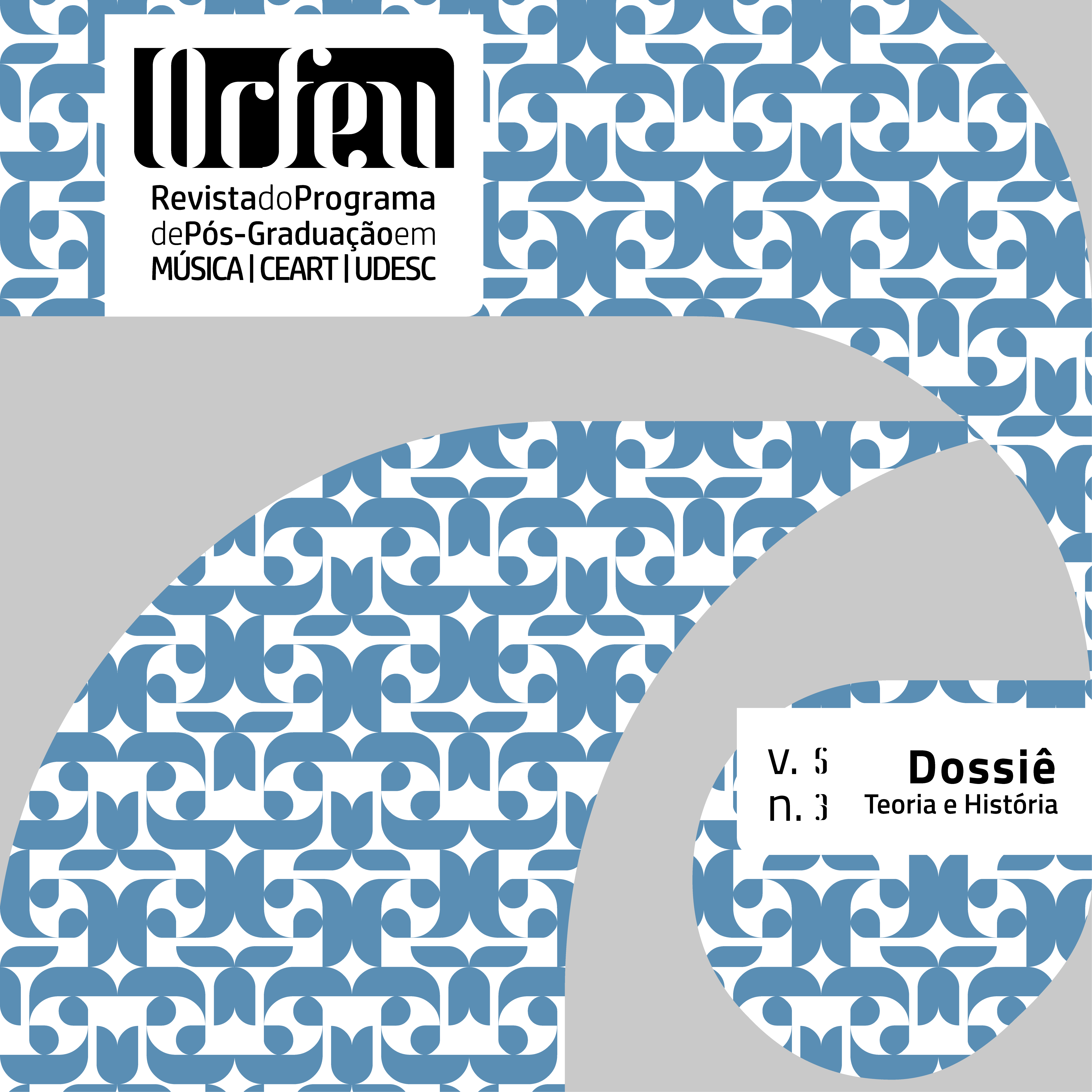PETE SEEGER: 100 ANOS
DOI:
https://doi.org/10.5965/2525530405032020010Keywords:
Pete Seeger, folk music, civil rightsAbstract
The conference presented, transcribed and translated, approach the trajectory of Pete Seeger in the events related to the artist’s 100 years of birth. Musician, singer and, especially, political activist, Seeger developed a solid musical career highlighting the American folk genre with different forms of mobilization for labor rights, individual and collective freedoms, as highlighted the mobilizations for civil rights in the USA, in addition to environmental causes. His political and musical performance since the 1930s stood out internationally in the 20th century. David Dunaway dedicated his study to trajectory of Pete Seeger for much of his life as a researcher, with focused publications on his historical and musical importance, involving the biography narrative associated with sound and radio broadcasting languages. In this lecture, Dunaway introduce the biography of Pete Seeger immersed in his own relationship with the musician, highlighting the personal and professional experience in the development of the research carried out on him. The researcher described the course as a biographer, the artist’s actions, the documentation used and mishaps faced so that his investigative work could be known to the wider public.
Downloads
Downloads
Published
How to Cite
Issue
Section
License
Copyright (c) 2020 ORFEU

This work is licensed under a Creative Commons Attribution 4.0 International License.
Authors who submit their manuscripts to be published in this journal agree to the following terms:
1. Authors retain the copyright and grant to the journal the right of first publication, whilst simultaneously permitting their work to be licensed under the Creative Commons License Attribution, which allows the sharing of work with recognition of the authorship and initial publication in this journal.
2. Contributions in this journal are open access; this means they are based in free use, and non-commercial applications.






